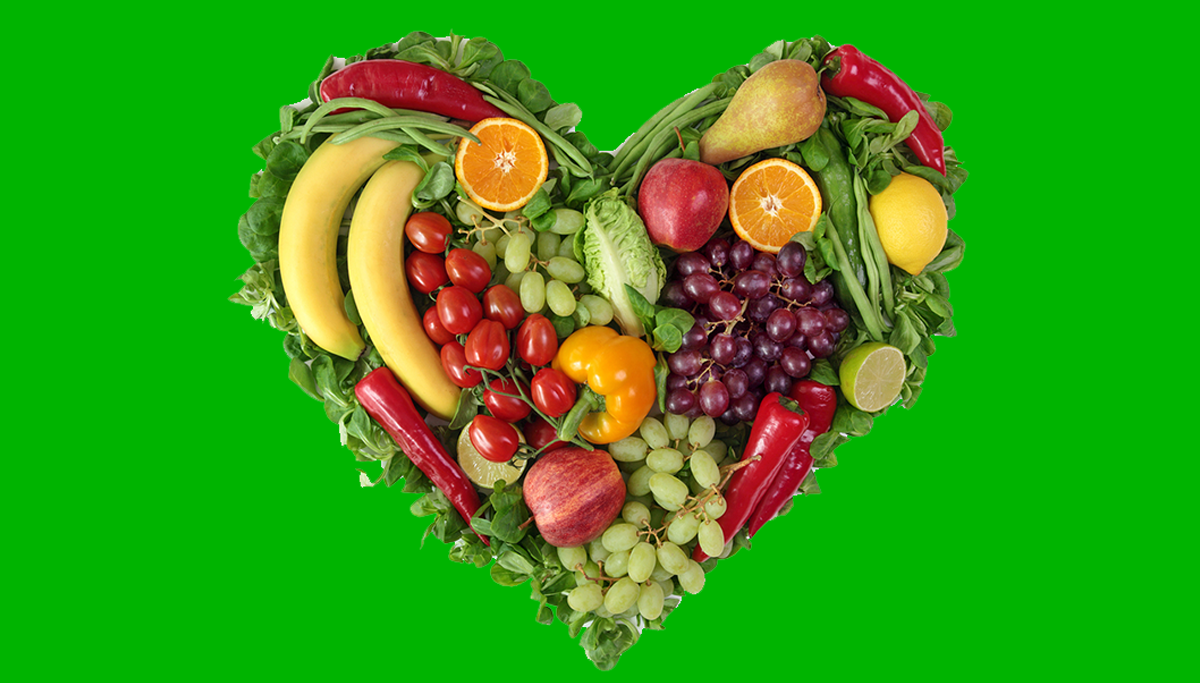
The foods that we eat have a direct impact on our overall health and even the health of our teeth and gums.
If you or your kids are in the habit of eating junk food daily, it's not fair to expect healthy teeth. Tooth decay is the single most common chronic childhood disease in the US, and researchers have traced it to the increased consumption of junk foods, sugary snacks, carbonated drinks, and sodas among children.
The good news is that tooth decay is nearly 100% preventable. All you need to do is maintain a healthy, balanced diet and follow a good daily dental care routine. So, what are the best foods for better health? Here are a few:
Encourage your children to eat a lot of fruits, especially those with high water content, like apples, pears, melons, and cucumbers. The high water content dilutes their sugars and the crunchy texture stimulates saliva, which allows bacteria and food particles to be rinsed away.
Remember that dried fruits don’t have equal nutrition value to fresh fruits. Dried fruits provide fiber and antioxidants. But, they’re also high in sugar and calories. Their consistency is also sticky and soft, which makes them stick to the grooves in our teeth. IF we don’t properly brush and floss after eating them, they can lead to tooth decay and cavities.
Additionally, whole fruits are much better for us than fruit juice. Fruit juice is a concentrated source of sugar, and the juicing process can remove the beneficial fiber found in whole fruit. Fruit juices, like orange juice, are also highly acidic and are more likely to damage tooth enamel.
Blueberries are one of nature’s superfoods – they provide Vitamin C, K, manganese, fiber, and antioxidants. Their vibrant color is a good indicator of their nutritional content. But their violet coloring can leave super stains on your tooth enamel. Other delicious berries such as strawberries, raspberries and blackberries can also stain your teeth. Be sure to rinse your mouth with water after enjoying berries.
Leafy greens provide us with special nutrients like folate, zinc, calcium, iron, magnesium, vitamin C and fiber. These help us build strong bodies that fight disease and lowers our risks of heart disease and inflammation. Dark green leafy vegetables like spinach, kale, chard, and collard greens can sometimes taste bitter, so spicing things up with pepper, garlic, and your favorite spices is recommended.
Colorful veggies are so good for healthy mouths and bodies. Experts recommend eating at least 5 servings of vegetables a day. But, unfortunately, most Americans only consume 1.5 servings. Corn, squash, bell peppers, and golden beets are all bright, flavorful options with diverse flavors and benefits. Try one, try them all, and find out which are your favorite!
Looking for more? Visit our blog.